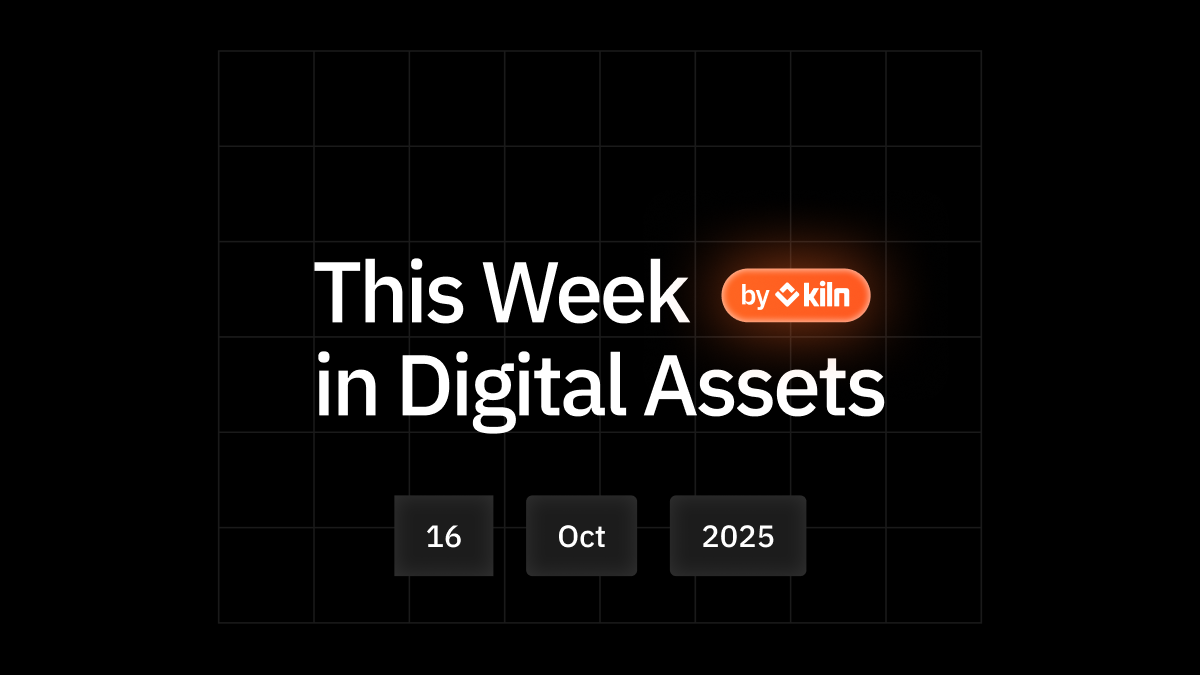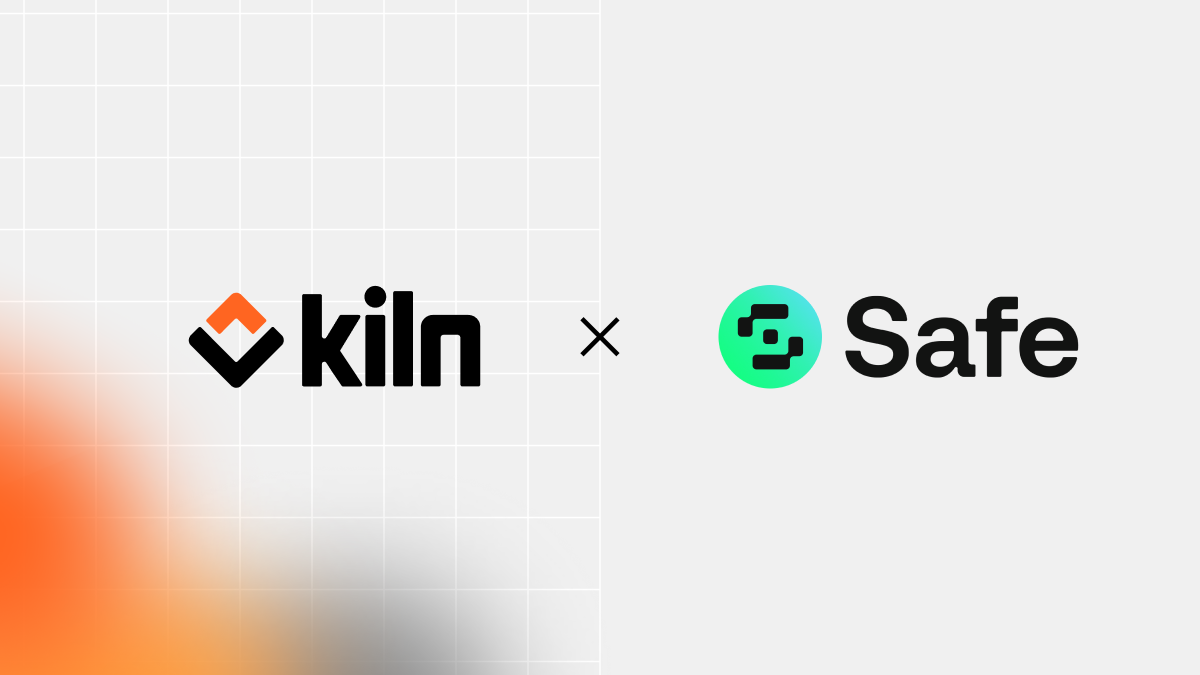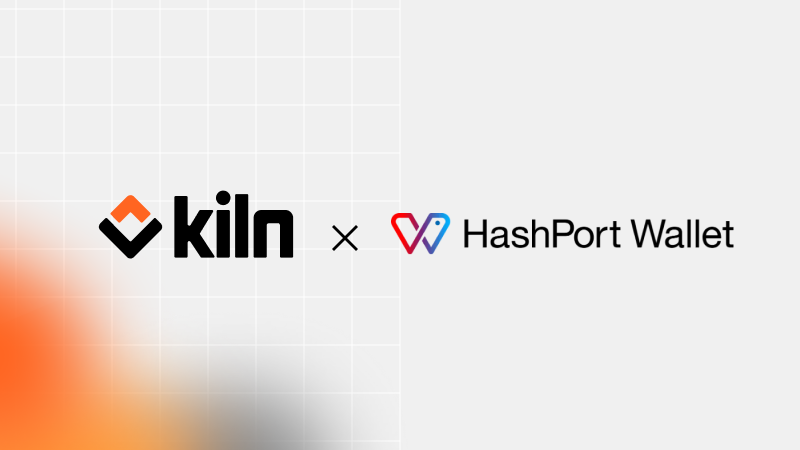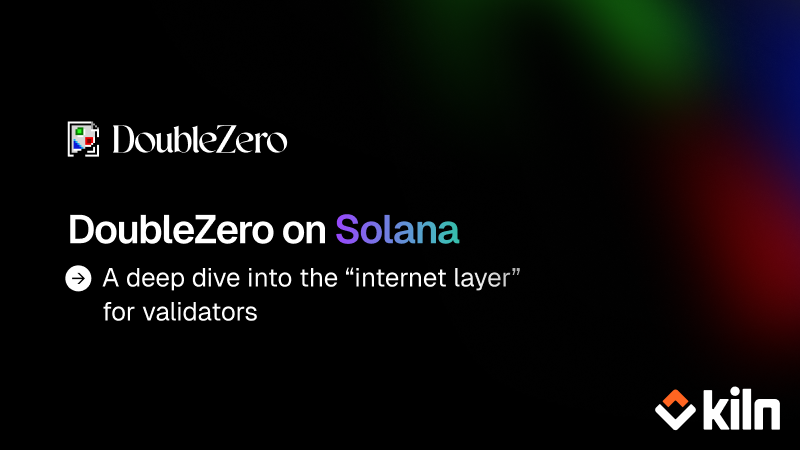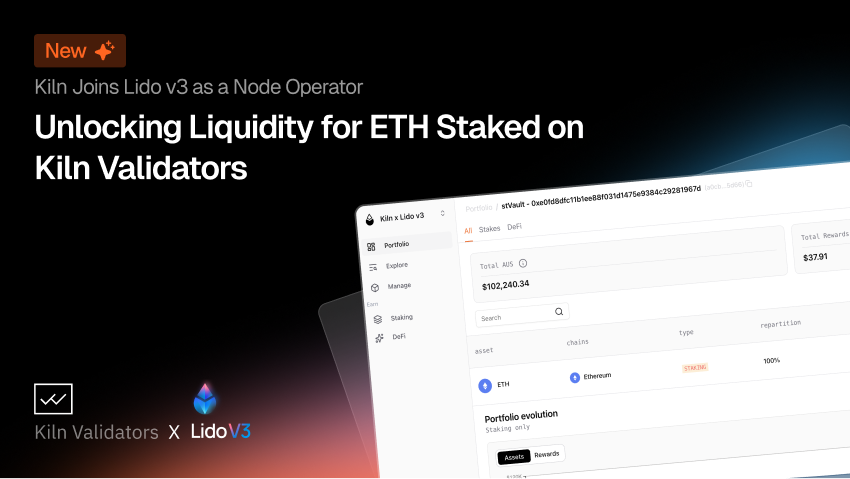This week, Erebor Bank, backed by Founders Fund and Haun Ventures, received conditional approval as a de novo national bank roughly four months after filing, and Stripe’s stablecoin unit Bridge applied to organize a national trust bank. Together, they show that onchain payments and settlement are moving from state patchworks into a single supervisory perimeter that can support deposit funding and bank-grade disclosures. We believe this marks the beginning of a durable operating model rather than an isolated headline. Regulators are testing a narrow pathway for banks to perform distributed ledger activities that are demonstrably useful for payments, custody, and settlement. If the path holds, stablecoin issuance, redemption, and reserve management could migrate into federally supervised entities, and the economics of settlement, treasury, and working capital will change for banks, fintechs, and large platforms.
We view Erebor’s conditional charter as an explicit endorsement of tightly scoped–for now–onchain operations inside a bank. The approval recognizes small on-balance-sheet holdings of native crypto to pay network fees, which reframes a volatile asset as an operational input. The legal anchor, according to the OCC’s conditional approval letter, is the “incidental powers” doctrine that allows activities that are convenient or useful to authorized banking functions. This is the same legal framework used in the past that allowed banks to offer payment cards, operate ATMs, and provide internet banking. However, the supervisory design of the approval is conservative, requiring Erebor to maintain a Tier 1 leverage ratio of 12% during the initial period, higher than the typical 8-9% for de novo banks. We note that this is a conditional step, and Erebor still requires FDIC deposit insurance followed by OCC final approval after the pre-opening exam. In practice, the FDIC review often sets the pace for insured de novos, and our expectation is that total time from initial filing to opening is closer to 12-24 months, even with the OCC acting quickly.
Bridge’s application confirms that the largest payment platforms intend to operate under federal charters designed for stablecoin programs. A national trust charter enables a firm to issue, redeem, custody, and manage reserves within one federal framework without taking the broader risk profile of a commercial bank. Under the new stablecoin statute, permitted issuers maintain full reserves in cash or Treasuries, publish frequent disclosures, and run redemption with clear priority of claims. For Stripe, Bridge is a way to integrate tokenized dollars into merchant acquiring, marketplace payouts, and treasury workflows with fewer counterparties and cleaner legal opinions. We also note that national trust banks that do not accept insured deposits are exempt from FDIC insurance. Timelines for trust applicants can therefore differ from insured national banks.
The list of companies with crypto businesses seeking national charters is not limited to Stripe and Erebor. Circle earlier this year disclosed that it filed for a national trust to bring USDC reserves and redemption into a single supervisory regime. Ripple has also pursued a national trust charter that would complement its existing state and international permissions. Anchorage Digital Bank remains the reference case for a national trust operating in digital assets under the OCC. Taken together, the sector is moving from state money transmitter licenses, sponsor bank relationships, and fragmented trust permissions into a unified federal perimeter.
Active OCC Bank Charter Applications from Digital Asset and Crypto-Focused Firms
| Date Received | Applicant |
|---|---|
| 10/14/2024* | Bridge* |
| 10/03/2025 | Coinbase National Trust Company |
| 09/30/2025 | Nubank, National Association |
| 08/12/2025 | Paxos Trust Company, National Association |
| 07/14/2025 | BitGo Bank & Trust, National Association |
| 07/02/2025 | Ripple National Trust Bank |
| 06/30/2025 | First National Digital Currency Bank, NA |
| 06/12/2025 | Erebor Bank, NA |
| 06/11/2025 | Fidelity Digital Assets, NA |
| 05/28/2025 | National Digital Trust Co. |
*Application not yet on the OCC public database. Application date based on Bridge CEO’s public announcement.
Looking ahead, if supervisors apply the incidental powers doctrine consistently, banks could begin to participate in block validation for settlement assurance, route payments onchain where it improves cost and reliability, and pilot tokenized deposits that redeem intraday into fiat under clear reserve and disclosure rules. This would connect bank funding and public blockchains through the existing business of banking framework rather than new legislation. The likely effects for crypto are stronger enterprise demand for blockspace, tighter disclosure and operational standards, and deeper links to market infrastructure such as exchanges, custodians, and ETP market makers. As these rails mature, operating balances could sit closer to a regulated treasury stack, where surplus liquidity can move into short-duration instruments and back again without leaving supervisory coverage. Our view is that this path will reward networks and venues that interoperate cleanly with bank systems and let operating balances begin to earn interest under clear supervisory rules.
About Kiln
Kiln is the leading staking and digital asset rewards management platform, enabling institutional customers to earn rewards on their digital assets, or to whitelabel earning functionality into their products. Kiln runs validators on all major PoS blockchains, with over $11 billion in crypto assets being programmatically staked and running over 5% of the Ethereum network on a multi-client, multi-cloud, and multi-region infrastructure. Kiln also provides a validator-agnostic suite of products for fully automated deployment of validators and reporting and commission management, enabling custodians, wallets, and exchanges to streamline staking or DeFi operations across providers. Kiln is SOC2 Type 2 certified.








